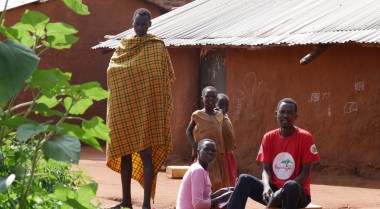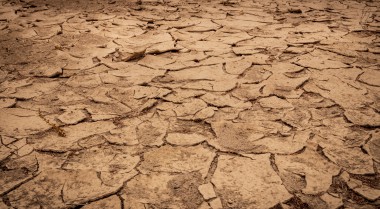Peacebuilding in the Era of Climate Change: Local, National, and Regional Collaboration in the Pacific
The risks posed by climate change are real. Whilst it is rarely the primary cause of conflict, it can act as a risk-multiplier, exacerbating existing vulnerabilities. It is also important to recognise that these impacts are not evenly distributed, affecting women, youth and men in context-specific ways. The risks are greatest in communities with weak infrastructures that are unable to absorb the additional stress and adapt to the changing climate of the world. With this in mind, the impacts of climate change pose a significant threat to peace and human security, making peacebuilding and conflict prevention more urgent than ever. In this blog series, we highlight how local peacebuilders are applying conflict prevention and peacebuilding lenses to climate change to build resilient social structures.
Climate Situation in the Pacific
The Pacific is a region that is simultaneously under-represented in the global agenda and a region that has experienced numerous natural disasters induced by climate change. The region is recognised as one of the most vulnerable to the consequences of the global climate crises.
Climate-induced disasters present the greatest threat to the livelihoods, security, and well-being of the people in the Pacific. This includes impacts on the sustainable management of ocean resources, climate-related displacement, and growing inequalities that give rise to conflict. The Pacific, therefore, confronts a multidimensional situation, raising the need to establish a link between peacebuilding, climate change, human security, development, and human rights.
In 2020, after the COVID-19 pandemic hit, Tropical Cyclone Harold further challenged the joint capacity of the Pacific region to respond to the situation.
Establishment of a Regional Framework
Partnership and coordination have been broadened through the Boe Declaration on Regional Security, which pushes to enhance multi-stakeholder collaboration. The implementation of the Boe Declaration ensures that the human security of the most affected communities is enhanced when developing environmental security responses.
Local Peacebuilding Networks
Local peacebuilding networks have developed to attempt to provide food security programmes, resolve climate-induced disputes in communities, and continue sharing messages of peace and non-violence. An example of such networks is the Pacific Conference of Churches (PCC), which works towards climate security through unified political, economic, and community action.
The PCC developed a project called the Breaking Waves Project that focuses on climate-induced migration and addresses issues of climate displacement and relocation, including internal and external migration. The PCC provides a space to link different stakeholders by bringing different communities across the region together in the PCC assemblies to discuss critical shared issues.
Women Peacebuilders As Agents of Influence
GPPAC has also contributed to the establishment of the Shifting the Power Coalition. The Coalition focuses on strengthening women and women’s organisations to engage in policy and decision making. It is built on the idea of sharing resources to enhance national and local capacities of those best positioned to engage, as well as regarding women as agents, and not simply vulnerable beneficiaries of aid.
Within the Pacific, the only regional alliance has focused on strengthening the collective power, influence, and leadership of diverse Pacific women in responding to disasters and climate change.

